The best no-code app builders make it easier than ever for pretty much anyone to build mobile and web apps. The no-code ecosystem has exploded with tools designed to help you launch an MVP, automate workflows, and scale a real business—all without touching a line of code.
Maybe you’re building a mobile app, an internal dashboard, a SaaS platform, or a marketplace. This post is made for people like you—curious, creative, and ready to build. You’re a:
- solo founder or side-hustler ready to bring your idea to life
- designer who wants more control over the product you’re shaping
- marketer looking to automate workflows or launch client-facing tools
- student learning how to build real apps outside of a CS degree
- career switcher entering tech through the no-code path
You don’t need to know how to code. You just need the right tools—and the confidence to start. Without further ado, here are 8 no-code tools that can take you from idea to launch . . . fast.
Contents
Quick Comparison Table
| Tool | Best For | Standout Feature |
|---|---|---|
| Adalo | Mobile-first MVPs | Native mobile publishing |
| WeWeb | Scalable SaaS + web tools | No vendor lock-in (exportable code) |
| Bubble | Full-stack web apps | Powerful logic and workflows |
| Webflow | Pixel-perfect marketing sites | Code-level design control |
| Baserow | Open-source no-code databases | Self-hostable open-source backend |
| Airtable | Database + project management | Polished UI with multiple views |
| Softr | Client portals + dashboards | Recent release of native databases |
| Xano | Backend as a service (BAAS) | Scalable serverless backend |
I’ve got an idea. I just need the tools to build it.
1. Adalo
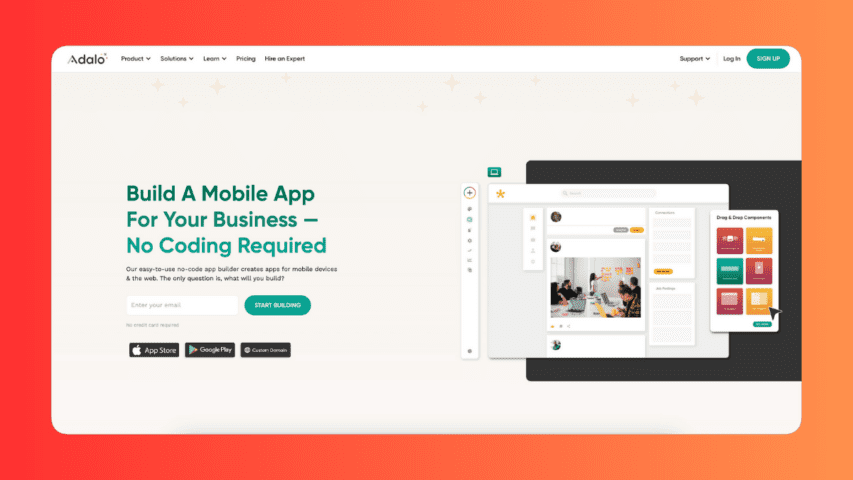
Best for: Mobile-first MVPs and internal apps
Adalo lets you visually build mobile and web apps with a drag-and-drop interface. It’s perfect for quickly spinning up prototypes or launching a simple business app without coding. You can publish directly to the App Store or Google Play.
Key Features:
- Visual drag-and-drop builder
- Built-in database
- Native mobile publishing
- Reusable components and actions
Pricing: Free plan available. Paid plans start at $36/month.
Use Cases: Mobile MVPs, booking apps, client portals, internal tools
Speed to Launch: Fast (a few days to a couple of weeks)
Learn: Free Adalo courses at Treehouse
2. WeWeb
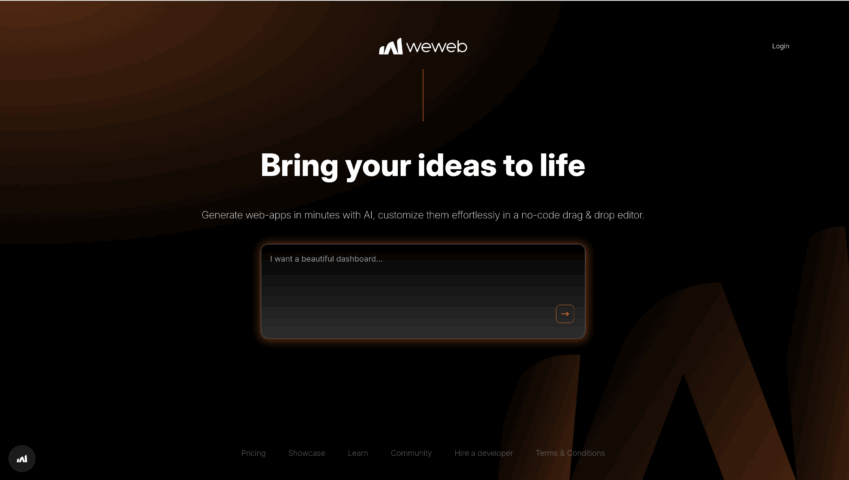
Best for: SaaS platforms, internal tools, dashboards, HIPAA-compliant apps
Our friends at WeWeb have build a a powerful AI-driven no-code platform that lets you create production-ready web apps—fast, flexible, and with zero vendor lock-in. With both no-code and code editors, WeWeb gives you granular control over UI, the ability to build at scale, and full connectivity to any REST API or proprietary backend.
Key Features:
- Drag-and-drop UI builder with full design control
- WeWeb AI for assisted building
- API integrations with Xano, Airtable, REST APIs
- Exportable codebase
- Business logic and access control
Pricing: Free for basic use. Paid plans start at $16/month.
Use Cases: SaaS apps, membership sites, marketplaces, internal dashboards
Speed to Launch: Moderate (2–8 weeks depending on scope)
Learn: Free WeWeb courses at Treehouse
3. Bubble
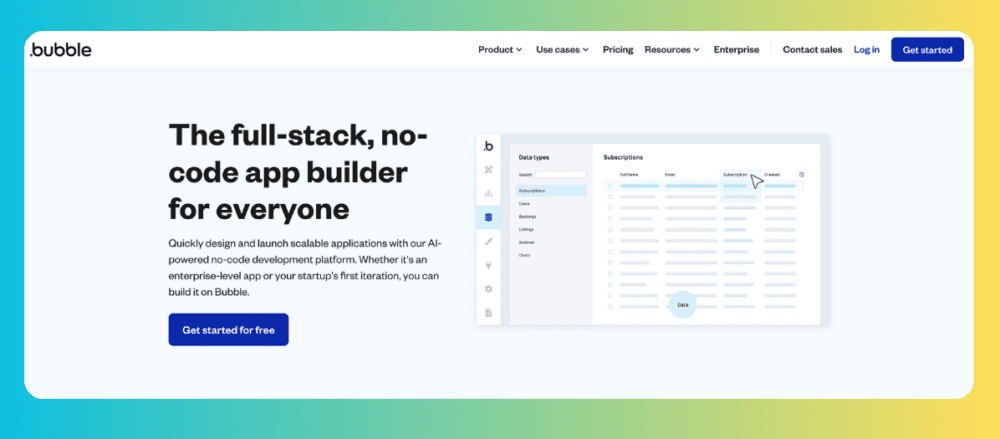
Best for: Scalable, full-stack web apps
Bubble is one of the most powerful no-code platforms for building complete web applications. With full logic, dynamic data, API connections, and custom design, it’s great for founders building SaaS apps or marketplaces.
Key Features:
- Visual editor with full logic and conditionals
- Robust plugin ecosystem
- Backend workflows and database management
- Responsive design tools
Pricing: Free plan available. Paid plans start at $32/month.
Use Cases: SaaS platforms, marketplaces, CRMs, internal tools
Speed to Launch: Moderate (2–6 weeks depending on complexity)
4. Webflow
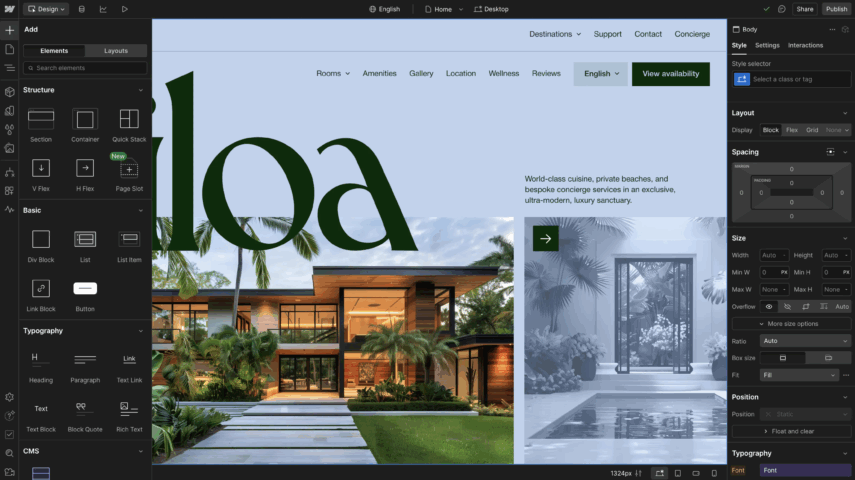
Best for: Marketing sites and highly designed web experiences
Webflow combines the power of code-level design with a user-friendly visual builder. It’s ideal for creating responsive marketing websites, landing pages, or e-commerce stores with pixel-perfect control—no CSS required.
Key Features:
- Visual front-end design tool
- CMS for dynamic content
- E-commerce capabilities
- Animations and interactions
Pricing: Free plan available. Paid plans start at $14/month.
Use Cases: Landing pages, marketing sites, product pages, digital portfolios
Speed to Launch: Fast (1–2 weeks)
5. Baserow
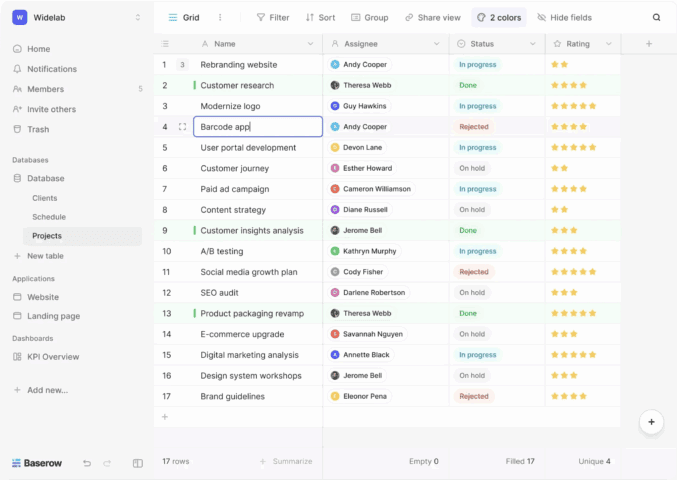
Best for: Open-source no-code databases and internal tools
Baserow is a no-code database platform that offers a familiar spreadsheet-style interface but with the power of a relational database underneath. Unlike Airtable, Baserow is open-source and can be self-hosted, making it ideal for users who want data ownership, customization, or privacy control.
Key Features:
- Spreadsheet-style visual database interface
- Open-source and self-hostable
- Real-time collaboration and API access
- Supports plugins and automation
- Scales for teams and enterprise use
Pricing: Free self-hosted version. Cloud plans start with generous free tier; paid tiers for teams and enterprise.
Use Cases: Project tracking, content management, CRM, backend for apps, internal tools
Speed to Launch: Fast (minutes to a few hours)
6. Airtable
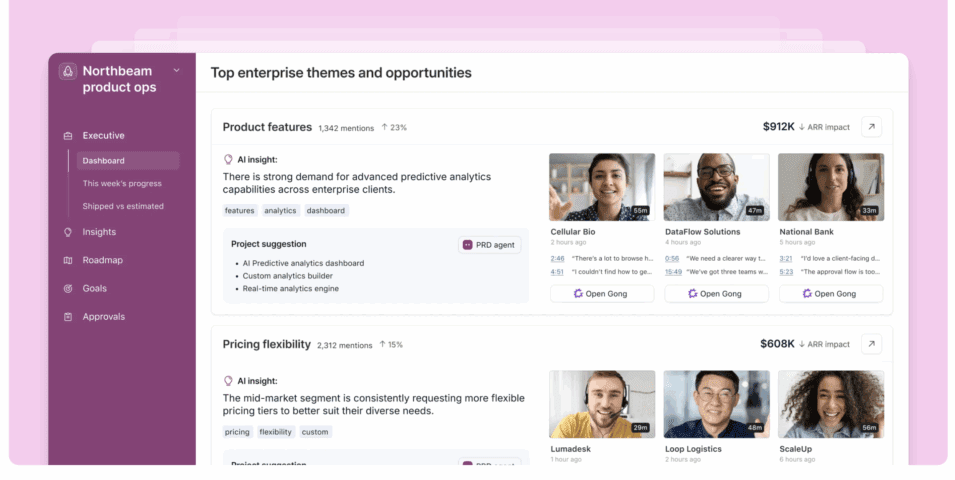
Best for: Visual databases and collaboration
Airtable is part-spreadsheet, part-database, and 100% essential for many no-code builders. Use it to organize data, manage projects, and power the backend for your app—especially when paired with tools like Softr or Xano.
Key Features:
- Relational database structure
- Views: Kanban, Grid, Calendar, Gallery
- Automations and scripting
- Powerful API
Pricing: Free plan available. Paid plans start at $20/month.
Use Cases: CRMs, content calendars, product inventory, project trackers
Speed to Launch: Fast (minutes to hours)
7. Softr
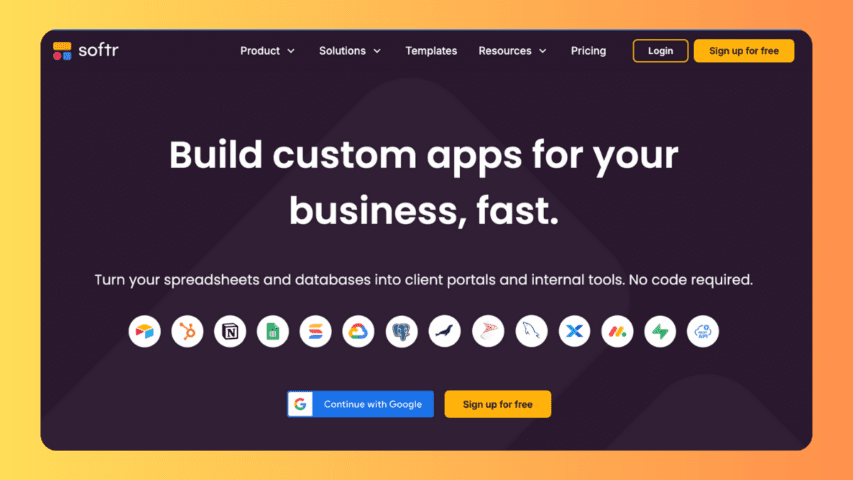
Best for: Building client portals, internal tools, and dashboards from Airtable or Google Sheets
Softr makes it incredibly easy to turn Airtable bases into full web apps, complete with user authentication, payments, and beautiful layouts.
And bonus! Softr’s new native databases mean your app’s data now lives directly inside Softr, so it updates instantly and works faster without needing to connect to outside tools like Airtable or Google Sheets.
Key Features:
- No-code builder for Airtable data
- User logins and gated content
- Stripe integration
- Prebuilt templates for portals and directories
Pricing: Free plan available. Paid plans start at $59/month.
Use Cases: Membership sites, client portals, marketplaces, directories
Speed to Launch: Fast (1–3 days)
Learn: Build a No-Code Web App with Softr
8. Xano
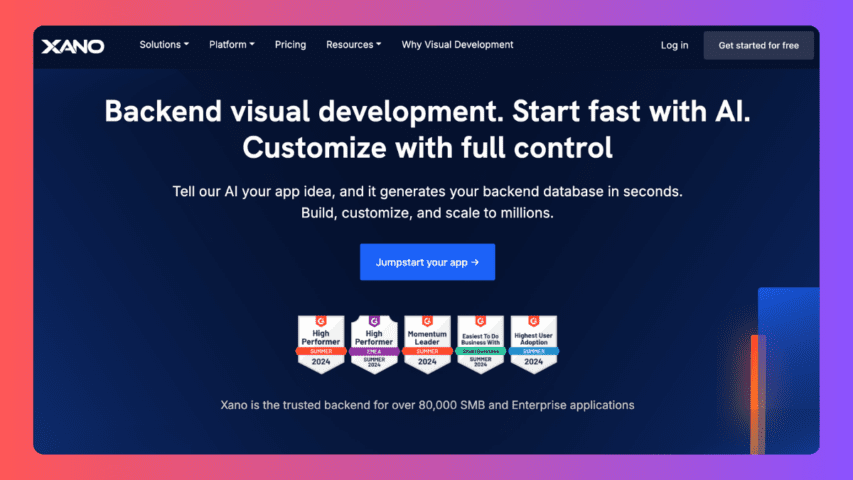
Best for: No-code backend-as-a-service (BAAS)
Xano has given you the power of a scalable backend without writing server-side code. It lets you create a complete backend with a database, logic, authentication, and APIs to connect with your frontend tools.
Key Features:
- Scalable PostgreSQL database
- API builder and RESTful endpoints
- Authentication and user management
- Business logic and workflows
Pricing: Free plan available. Paid plans start at $59/month.
Use Cases: Backend for Bubble, WeWeb, Adalo, or custom frontends
Speed to Launch: Moderate (1–3 weeks)
Learn: Create a No-Code REST API Using Xano
Why These Are the Best No-Code App Builders in 2025
Choosing the best no-code app builder in 2025 depends on your goals—whether you want to launch a mobile MVP in days, automate your business workflows, or scale a SaaS platform without hiring developers. This list includes tools that are flexible, powerful, and beginner-friendly.
Each tool featured here was selected based on:
- Ease of use – even beginners can launch something valuable
- Flexibility and scalability – build simple prototypes or complex, production-ready apps
- Real-world use cases – everything from marketplaces to client portals to internal tools
- Integrations and extensibility – connect to APIs, databases, and external services easily
- Speed to launch – many tools let you go from idea to product in under a week
Whether you’re a founder, freelancer, student, or hobbyist, the no-code movement makes it possible to bring your ideas to life—without needing to learn to code. And as these platforms continue to evolve, so will what’s possible.
Ready to Build?
Whether you’re launching a startup, testing a new idea, or automating your business, these no-code app builders are a fast way to go from concept to reality.
Want to learn how to use tools like Adalo and WeWeb to build and launch your product? At Treehouse, we teach you not just what tools to use, but how to think like a no-code entrepreneur. With our expert-led courses and guided Techdegrees, you’ll go from beginner to builder—fast.
Start your 7-day free trial today
No strings attached. Just learning and building.
People Also Ask
What is the best no-code app builder for beginners?
Adalo and Softr are great choices for beginners due to their intuitive interfaces and quick learning curves.
Can I build a mobile app without coding?
Yes. Tools like Adalo, Bubble, and WeWeb allow you to build mobile and web apps without writing code.
What’s the difference between no-code and low-code?
No-code tools require no programming knowledge, while low-code platforms allow some custom code for more flexibility.
Is no-code development scalable?
Yes, platforms like Bubble, WeWeb, and Xano are built to support scalable apps, including SaaS products and marketplaces.
Which no-code tools work well together?
Airtable (backend), Softr (frontend), and Make (automation) form a popular no-code stack. You can also pair Bubble or WeWeb with Xano for added power.
Can I monetize an app built with no-code tools?
Absolutely. Many no-code tools support Stripe integrations, user authentication, and subscriptions for monetization.
Do companies use no-code tools professionally?
Yes. Thousands of startups and enterprises use no-code platforms to build internal tools, prototypes, and even public-facing products.
Learn. Build. Launch. Start coding today.
Join Treehouse







